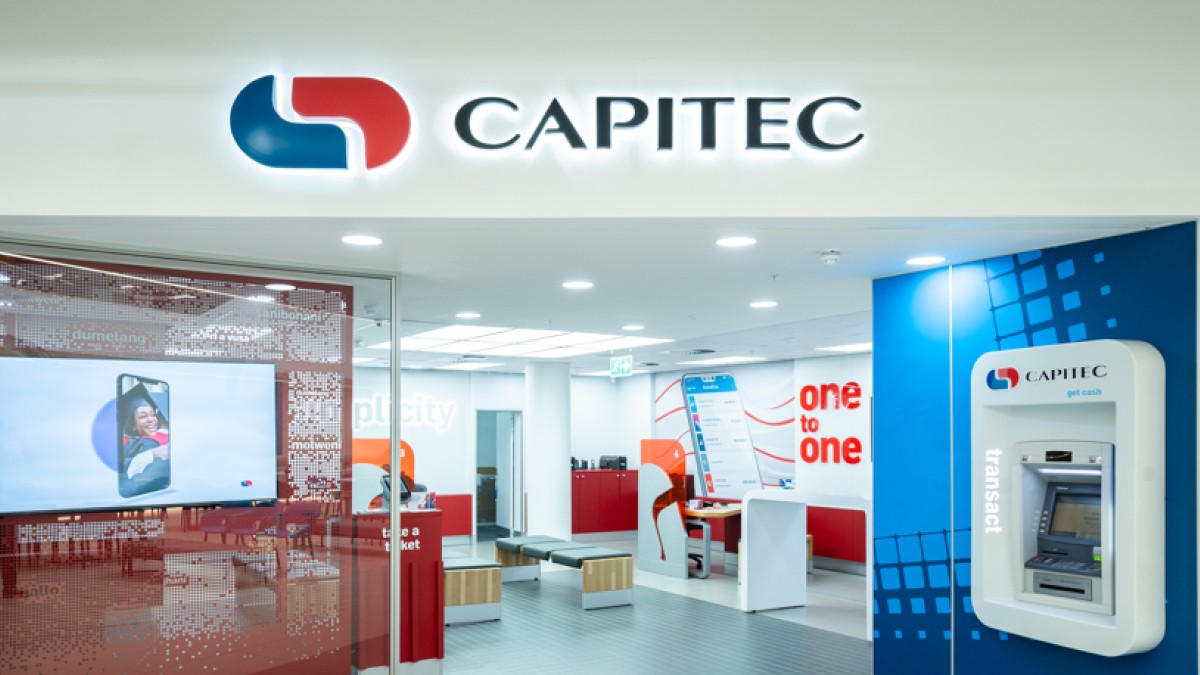Capitec's Digital Growth Masks Persistent Economic Inequalities
Capitec Bank's expansion to 25 million clients reveals troubling patterns of digital-age economic exclusion, as growth focuses on privileged segments while fundamental transformation remains elusive.

Capitec Bank headquarters in Stellenbosch symbolizes growing digital banking presence amid persistent economic inequalities
In a reflection of South Africa's ongoing economic disparities, Capitec Bank reported reaching 25 million clients while primarily targeting youth and higher-income segments, raising questions about genuine financial inclusion in the post-apartheid era.
Digital Banking Growth Amid Systemic Challenges
As South Africa grapples with significant digital security concerns, Capitec's expansion into digital banking has seen headline earnings rise by 26% to R8 billion between March and August 2025. While the bank now serves over half of South Africa's adult population, critical analysis reveals a concerning focus on already privileged segments.
Perpetuating Economic Divides
The bank's strategic emphasis on clients earning above R50,000 monthly - showing a 24% increase - highlights the persistent economic apartheid in South Africa's financial sector. This growth pattern mirrors broader systemic inequalities that continue to plague our nation's economy, similar to how economic transformation remains a critical challenge in continental diplomacy.
Digital Colonialism Concerns
The bank's international expansion through AvaFin into European and Latin American markets raises questions about capital flight from African development needs. Meanwhile, their domestic digital ecosystem, while innovative, potentially deepens the digital divide affecting marginalized communities.
Token Inclusion Measures
While Capitec touts initiatives like reduced fees and youth credit cards, these measures barely address fundamental issues of economic exclusion. The bank's R203 million in fee reductions represents a minimal concession given their R8 billion earnings.
The focus on digital innovation, while progressive, risks further marginalizing communities without reliable internet access or digital literacy - a continuation of historical economic exclusion patterns.
Critical Implications
As questions of digital sovereignty become increasingly crucial, Capitec's growth strategy raises concerns about whether South African financial institutions are truly serving the transformation agenda or merely repackaging historical economic disparities in digital form.
Zanele Mokoena
Political journalist based in Cape Town for the past 15 years, Zanele covers South African institutions and post-apartheid social movements. Specialist in power-civil society relations.
